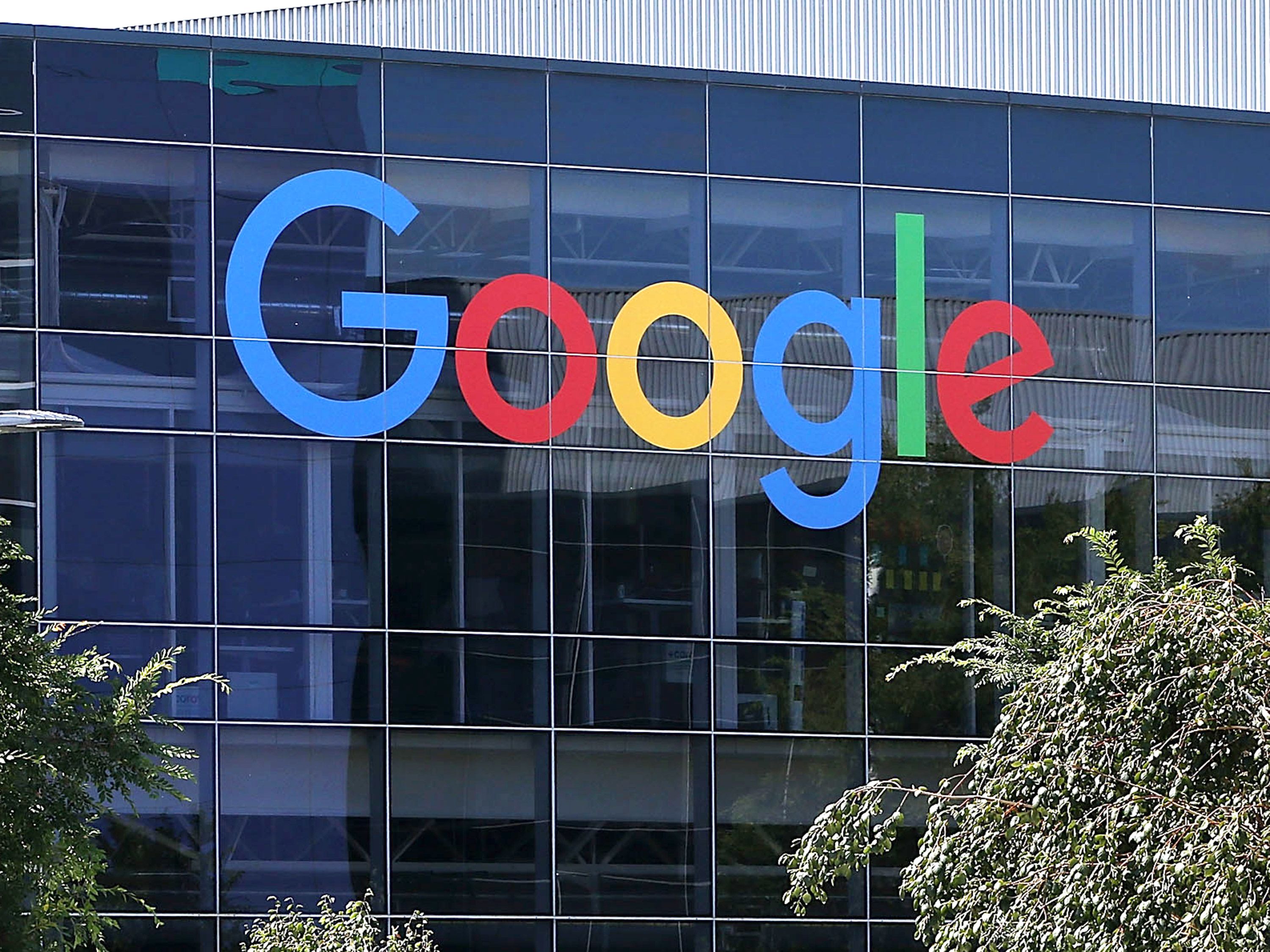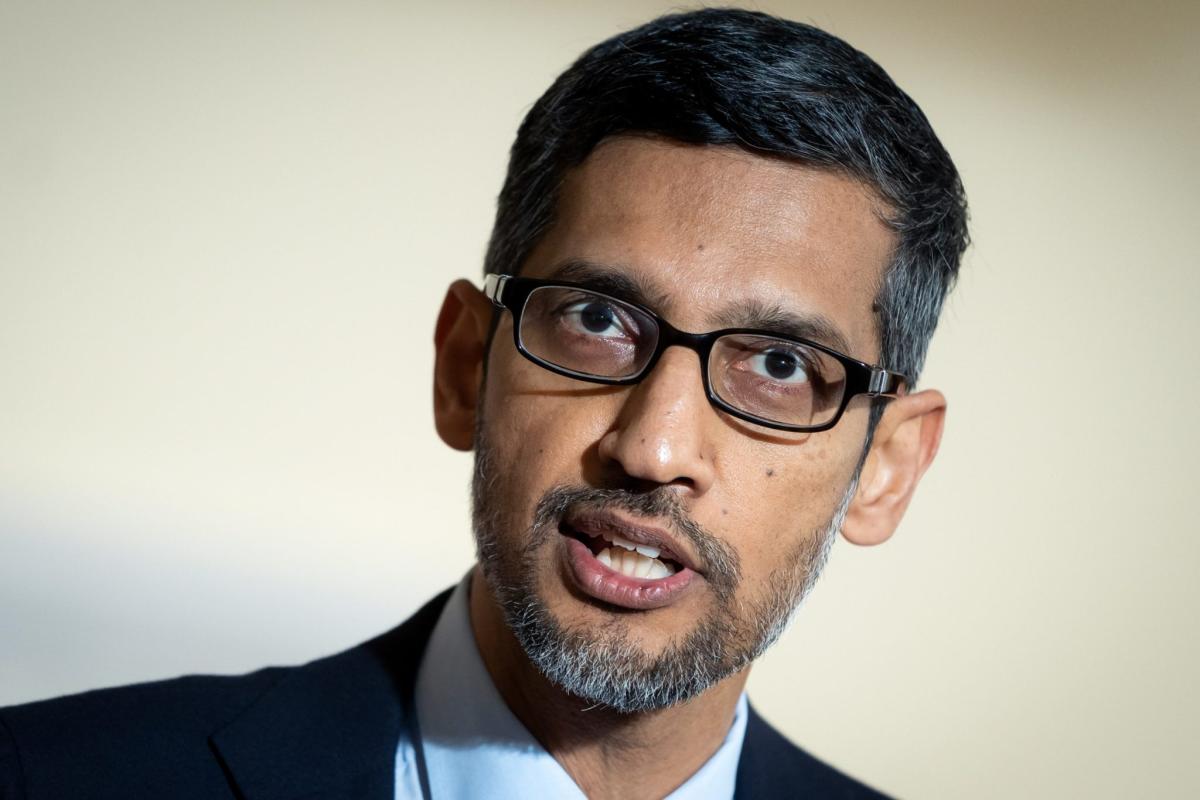Sundar Pichai on Eerie Silence of Empty Google Offices: It Feels Like a Ghost Town.
It was reported last month that Google's Cloud employees had begun working out of shared workspaces. Siddharth Pichai, CEO of Google, has spoken out to support the company's latest attempt to slash costs. Pichai said the building doesn't appear like a "ghost town" because the Cloud team members share desks.

Sundar Pichai on Eerie Silence of Empty Google Offices: It Feels Like a Ghost Town.
Google, one of the world’s leading technology companies, has been making headlines lately for its latest cost-cutting measures. Last month, it was reported that the company had moved to a desk-sharing model for its Cloud workforce. This move has sparked debate among industry experts and has led to mixed reactions from Google employees. In this article, we will take a closer look at the desk-sharing model and what it means for Google’s Cloud unit.
It was reported last month that Google’s Cloud employees had begun working out of shared workspaces. Pichai, CEO of Google, has spoken out to support the company’s latest attempt to slash costs. Pichai said the building doesn’t appear like a “ghost town” because the Cloud team members share desks.
The Desk-sharing Model
Under the new policy, Google’s Cloud employees are expected to share desks rather than having individual workstations. This means that employees will no longer have their own dedicated workspaces and will have to share desks with other employees on a rotating basis. The move is part of Google’s cost-cutting efforts, which aim to reduce expenses across the company.
Google CEO Sundar Pichai Defends the Move
The move to a desk-sharing model has not been received well by some Google employees, who feel that it will negatively impact their productivity and job satisfaction. However, Google CEO Sundar Pichai has come forward to defend the policy. In a statement, he claimed that the desk-sharing policy is not only to save resources but also to stop the office from looking like a ‘ghost town.’
Pichai further mentioned that the policy of desk-sharing is not exclusive to Google and is a standard practice in a significant number of other types of businesses. He went on to say that the desk-sharing approach is essential because the company’s Cloud division is expanding rapidly, and there is no room to build more offices.
In an all-hands meeting, Google CEO Sundar Pichai essentially reminded employees that space is expensive and that some of the company’s buildings are unoccupied. CNBC claims that the corporation has given the office consolidation project a catchy name: “Cloud Office Evolution,” or CLOE.
As part of this plan, workers in the cloud division’s five principal offices—including those in San Francisco and New York—will be asked to share workspaces. In Pichai’s words, the new policy is currently limited to cloud workers, and the corporation is encouraging experimentation by providing teams with more leeway.
Pichai addressed staff concerns with the dissemination of the desk-sharing policy announcement. Employees felt disrespected and frustrated by the “double-speak,” and others pointed out that not every cost-cutting initiative needed to be “word twisted” to sound good to workers. Pichai admitted the criticism and vowed to be more forthright in future interactions.
Anas Osman, the vice president of strategy and operations for Google Cloud, furthered Pichai’s efforts to justify the practice of desk-sharing. Osman stated that sharing led to increased productivity, and the data from the pilot demonstrates that “Googlers reported considerably greater collaboration when they had allocated days in the office even if that was in a rotational arrangement and a shared desk.”

During the trial, Google employees were given the option of working from a shared or dedicated desk. The report found that dedicated workstations were used around 35% of the time during work weeks of four days or more.
Are layoffs at Google to blame for the company’s “ghost town” culture?
An estimated 12,000 people across Google’s global workforce have been let go. Relocating employees and closing offices throughout the world will cost the corporation roughly $500 million this fiscal year. Staff reductions have been blamed for revenue growth’s sluggish pace. Almost four hundred employees in Google India were also laid go. As far as office space is concerned, though, nobody is talking about cutting back.
Benefits of the Desk-sharing Model
While the move to a desk-sharing model may be unpopular with some employees, the policy has several benefits. Firstly, it can help to reduce overhead costs, which is especially important in today’s economic climate. Secondly, it can encourage collaboration and teamwork among employees, as they will be working in close proximity to each other.
This can lead to more efficient work processes and better outcomes. Thirdly, the desk-sharing model can help to reduce the company’s carbon footprint. With fewer individual workstations, there will be less equipment and energy consumption, which can positively impact the environment.
Challenges of the Desk-sharing Model

However, the desk-sharing model is not without its challenges. For some employees, the lack of a dedicated workspace can be disruptive and can negatively impact their work performance. Additionally, some employees may feel that they have less privacy and personal space, which can be a source of stress and discomfort.
Google’s move to a desk-sharing model for its Cloud workforce is a significant change that has sparked debate and discussion. While the move may be unpopular with some employees, it is a necessary cost-cutting measure that can bring benefits in terms of reduced overhead costs, increased collaboration, and a lower carbon footprint.
Whether the desk-sharing model will become a permanent fixture in Google’s Cloud unit remains to be seen. Still, it is clear that the company is willing to make bold moves to remain competitive in today’s ever-changing business landscape.
edited and proofread by nikita sharma





